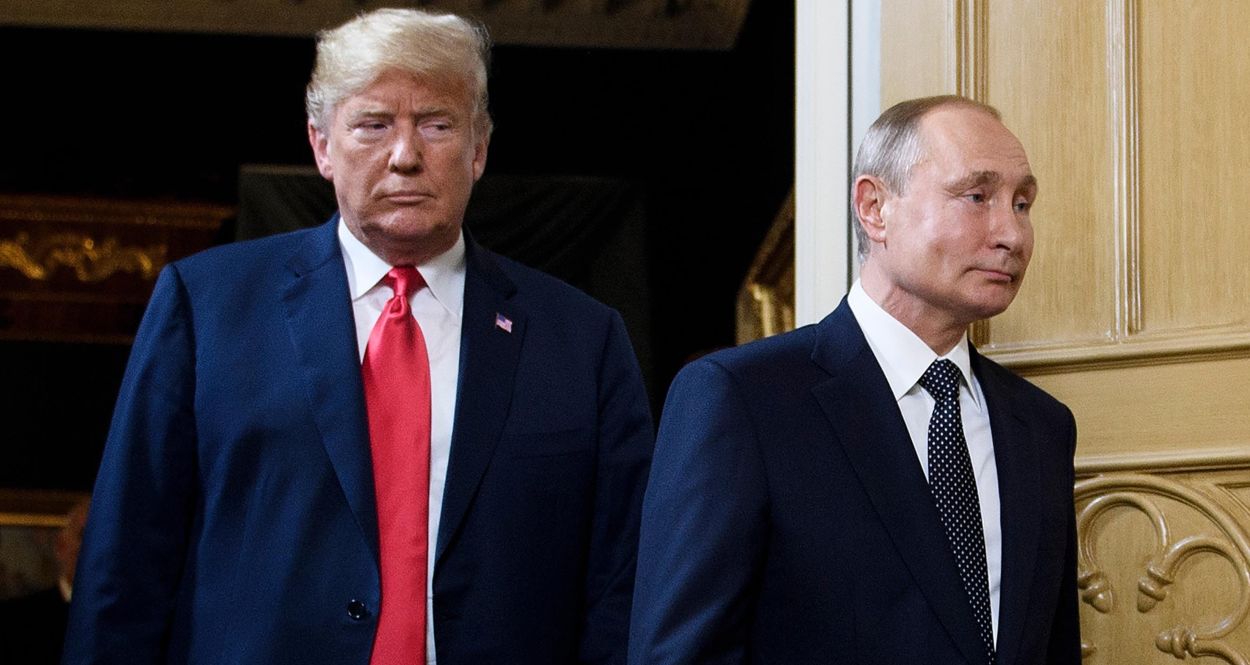U.S. President-Elect Donald Trump has announced plans to initiate talks with Russian President Vladimir Putin and Ukrainian President Volodymyr Zelensky to end the ongoing war in Ukraine.
President Elect’s statement comes amidst frequent critiques by Trump of the substantial financial aid the U.S. has provided to Ukraine since the conflict’s inception in 2022.
Trump has been vocal about his scepticism regarding the billions in aid allocated to Ukraine by President Joe Biden’s administration. Additionally, he has expressed admiration for Putin despite the widespread condemnation of Russia’s invasion of Ukraine.
JUST IN: 🇺🇸🇷🇺 US President-elect Trump says he "will be talking to President Putin" to end Russia's war with Ukraine.
"We gotta stop it. It's carnage." pic.twitter.com/4ODrkI64Y9
— BRICS News (@BRICSinfo) December 16, 2024Trump’s Promise to End the Ukraine War
During his campaign, Trump claimed he could end the Ukraine war “in a day,” though he has not detailed the methods he would employ. Critics fear his strategy might pressure Ukraine into conceding territory to Russia. “We’ll be talking to President Putin, and we’ll be talking to the representatives, Zelensky and representatives from Ukraine. We gotta stop it, it’s carnage,” Trump stated during a news conference.
Describing the devastation, Trump compared the destruction in Ukraine to his experiences in real estate development, noting the extensive damage to urban areas. It’s just rubble. Just like when I knock down a building in Manhattan, which is actually worse because we do it step by step,” he explained. He lamented the severe impact on civilian structures, emphasizing that many buildings have been “flattened like a pancake.”
Read: Donald Trump Calls Ukraine’s Use of US Missiles in Russia ‘Crazy’
As Trump prepares for his discussions with Putin and Zelensky, the international community watches closely, hopeful yet cautious about the potential outcomes of his efforts to negotiate peace. His unconventional approach raises both hopes and concerns about the region’s future stability.






